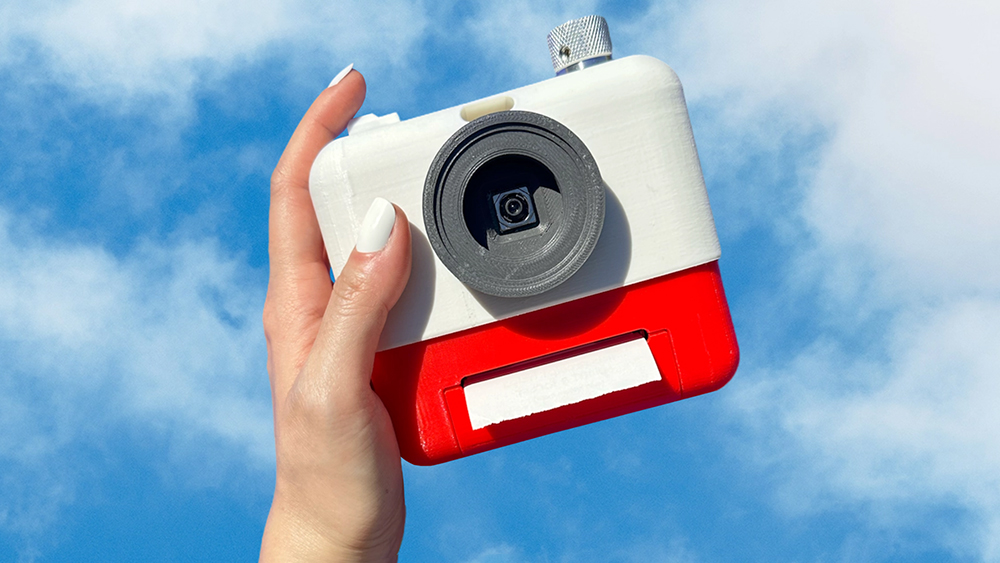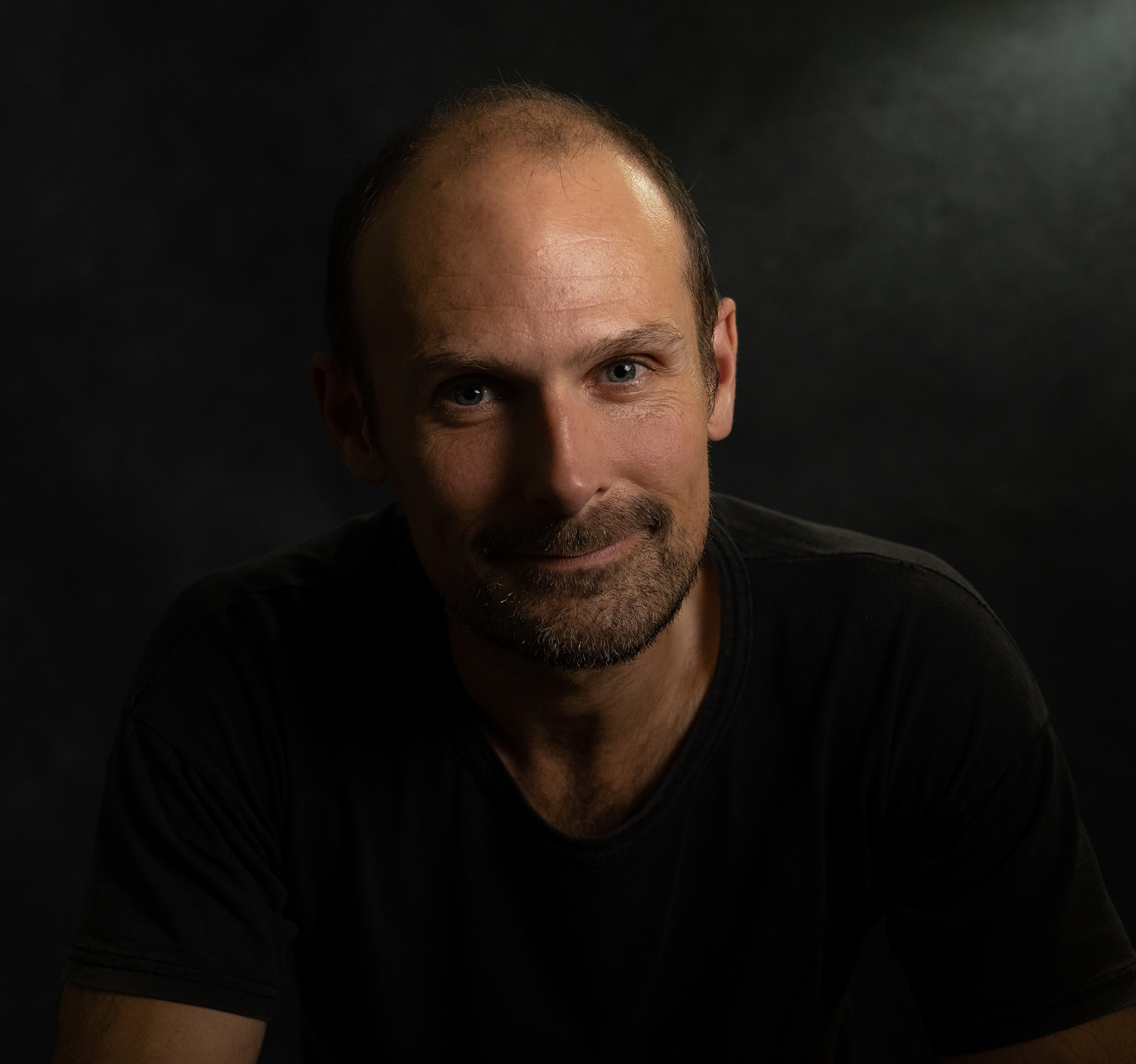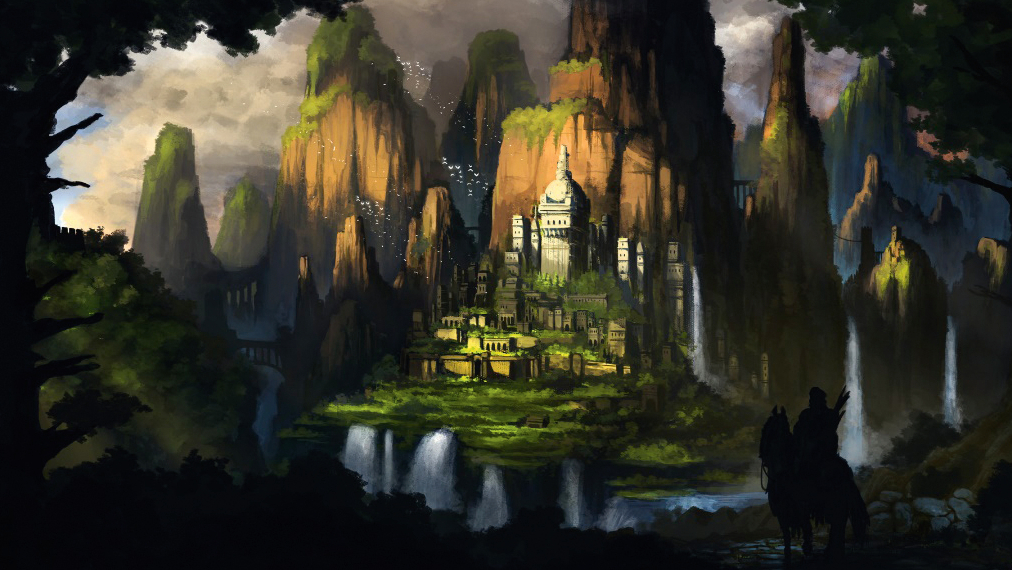
It looks like a homemade Polaroid camera, perhaps made with one of the best 3D printers. But this AI-powered device doesn't take photos at all. It 'captures' poems.
The Poetry Camera turns the visual input it receives through its lens into an AI-generated poem that describes the scene. It's kind of like an AI image generator but in reverse: it takes a real image and generates what could be compared to a prompt used in a text-to-image tool, but with more poetic language.
A post shared by Ryan Mather (@flomerboy)
A photo posted by on
The Poetry Camera is an open-source passion project created by Kelin Carolyn Zhang and Ryan Mather. They describe it as a "new way to make memories — away from screens, notifs, and apps". The device houses a Raspberry Pi single-board computer to capture and process images, and then uses OpenAI’s GPT-4 AI model to generate poetry based on the extracted data about objects, situations, colour, patterns and other elements. Tech-savvy users can modify the source code to choose different types of poetic forms, like sonnets, haiku or free verse.
The creators of the camera have been putting it to the test in collaboration with photographers and they say they're planning a limited drop sometime soon. The camera throws out metaphors a plenty, and varies between the literal and the whimsical. A park bench becomes 'wooden boards' and a guy on a motorbike is on a 'chrome-plated pilgrimage'.
A post shared by Marilyn Hue (@marilynhue)
A photo posted by on
Mather told TechCrunch the device was conceived as a reaction to Instagram culture, generating text instead of a photo. “Everyone prefers the book version over the movie, so it’s like that for capturing moments," he said (is this the moment at which I should point out that the best books generally weren't written by AI?).
@kelin.online ♬ original sound - kelin
Despite all of the concerns about AI, and the fact that the 'poems' aren't exactly original works of literature, I actually really love this project. It's AI art at its most philosophical, delving into the question of what an image is, and what poetry is? If we rely on machines (the camera) to capture a visual record of a memory, can we rely on a different type of machine to generate a literary record? Is a poetry camera to literature what the camera itself is to painting?
Is an image really worth a thousand words (or a few dozen in this case)? And, which says more the image or the poem? What would result if we then feed the resulting poem into an AI image generator to create a new image? Would it be recognisable? The questions are endless, which is generally a sign of good art. That's something we can't say about the first AI romance movie.
Get the Creative Bloq Newsletter
Daily design news, reviews, how-tos and more, as picked by the editors.
For more AI art projects, see the AI fake retro movie trailers for films that never were.

Thank you for reading 5 articles this month* Join now for unlimited access
Enjoy your first month for just £1 / $1 / €1
*Read 5 free articles per month without a subscription

Join now for unlimited access
Try first month for just £1 / $1 / €1

Joe is a regular freelance journalist and editor at Creative Bloq. He writes news, features and buying guides and keeps track of the best equipment and software for creatives, from video editing programs to monitors and accessories. A veteran news writer and photographer, he now works as a project manager at the London and Buenos Aires-based design, production and branding agency Hermana Creatives. There he manages a team of designers, photographers and video editors who specialise in producing visual content and design assets for the hospitality sector. He also dances Argentine tango.
